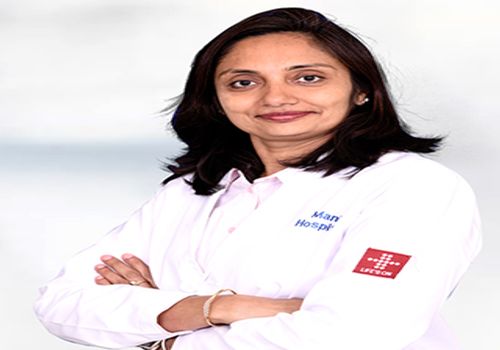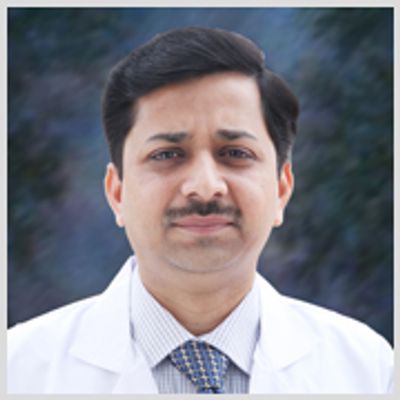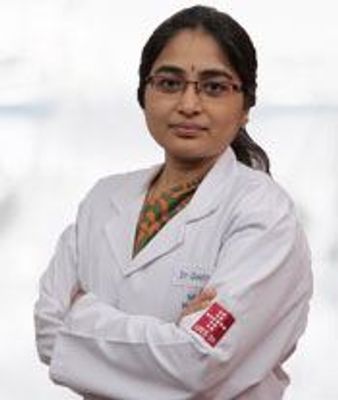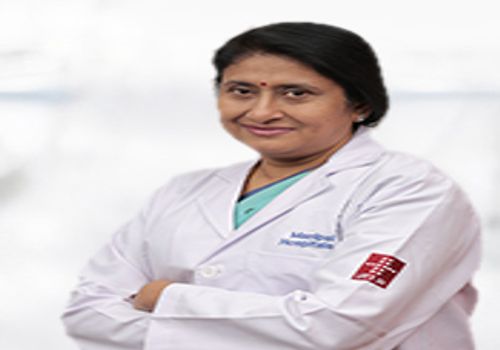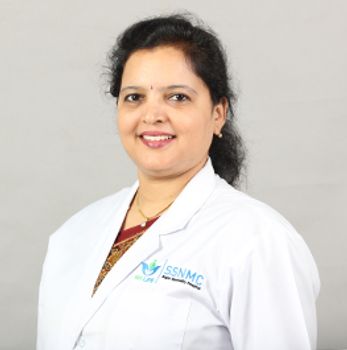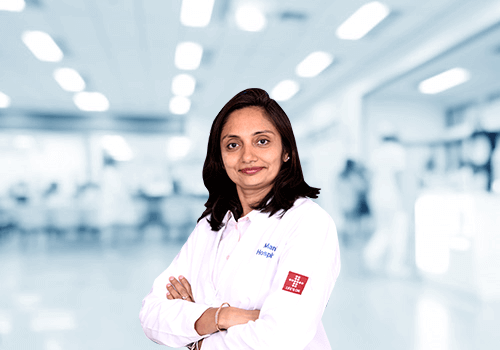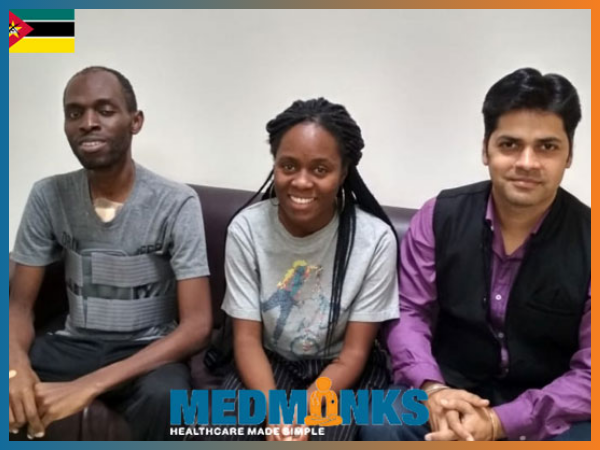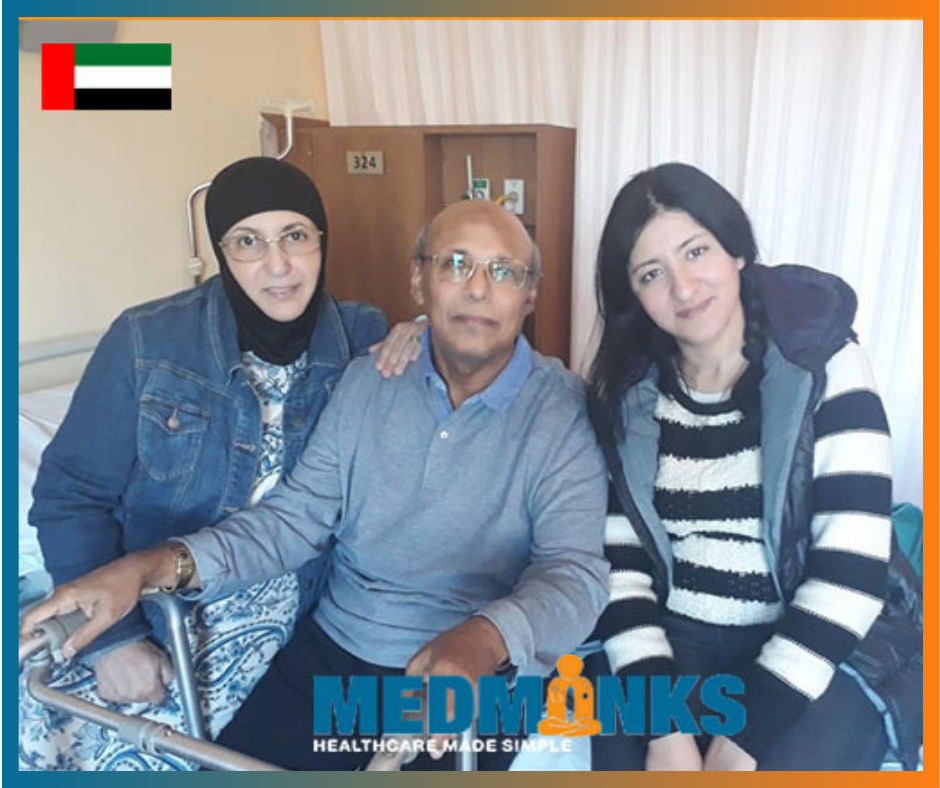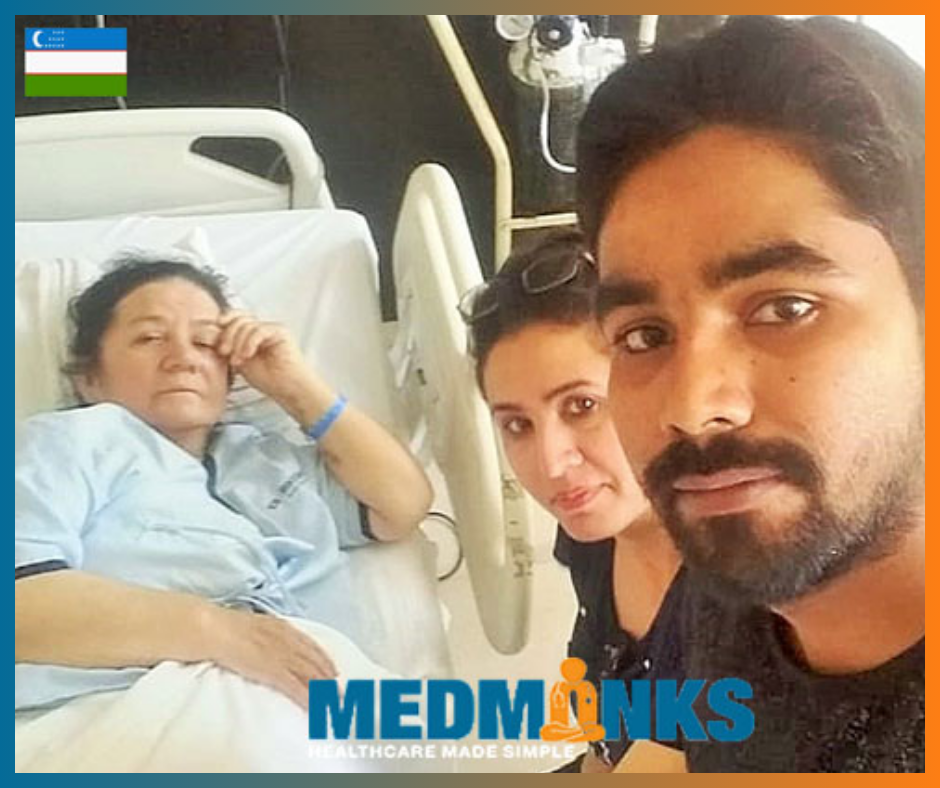Dr Jalpa Vashi has performed more than 15000 eye surgeries in her 23-year career. She specializes in performing cataract surgeries with multifocal, trifocal, toric, More..
Dr Dinesh P N is currently associated with Fortis Group Hospitals in Bangalore, where he works as a Consultant at its Ophthalmology department. Dr Dinesh is kn More..
Dr. Bharath Kumar, working as a Consultant at Apollo has six years of experience in the department of Ophthalmology. More..
Dr. Shalini Shetty is an expert in the field of Ophthalmology. A senior Consultant in the department of Ophthalmology, she is a thespian having 16 years of experience More..
Dr Geetha S is an Ophthalmology Consultant at Manipal Hospital, Bangalore. She is a specialist in the field of Ophthalmology and expertise in Phacoemulsification wit More..
Dr. Shikha Jhalani is a Consultant at the department of Ophthalmology in Narayana Multi Speciality Hospital, Whitefield Bangalore. She has completed her MBBS & MS More..
Dr Ajanta Chakravarty is one of the most reputed ophthalmologist/ eye surgeon on India, who is currently associated with Manipal Hospital in Bangalore. In her 35 yea More..
Dr Asha M S has received her education and training from institutions, that are renowned in the country and under the supervision of highly qualified and experienced d More..
Dr. Jalpa Vashi is a Consultant in Ophthalmology at the Manipal Hospital in the Whitefield area of Bangalore, Karnataka. She is a highly educated doctor with MBBS, More..
Dr Roshmi Gupta one of the best ophthalmic plastic surgeons. She treats droopy eyelids ( ptosis), bulging eyes ( proptosis), baggy eyelids ( blepharoplasty), thyroid eye More..

Don't know where to start?
- Speak to our in house doctor
- Get a response within 5 minutes
Description
In today’s age, exposure to radiations (through TV screens, mobiles and laptops), U.V Rays and micro-pollutants in air affect our eyes to a great extent and give rise to various vision related problems across the globe, which necessitates the need to visit an ophthalmologist, a physician who specializes in the field of ophthalmology.
An ophthalmologist is a physician who plays dual role i.e. he diagnoses and treats diseases of the eye, medically as well as surgically.An ophthalmologist specializes in the given domain by receiving 7 years of training in Doctor of Medicine program and hospital residency and through work in laser eye surgery clinics, community clinics and multispecialty hospital. The specialist conducts medical examinations and surgeries for optical conditions such as macular degeneration, diabeticretinopathy and glaucoma.
Consulting an ophthalmologist is crucial if one is experiencing symptoms like bulged eyes, double and peripheral vision, dry or tearing eyes, visible flashes or specks, eye injury, bulged eyes and abnormal functionality. Regular check-upsare significantly helpful in avoiding emergency situations as optical issues are detected at an early stage by ophthalmologist through advanced examination.
Bangalore is a city that possesses several competent and proficient Eye doctors or Ophthalmologists that provide world-class treatment to treat varied eye conditions. To facilitate the find of Best eye doctors in Bangalore, a unified list is given above.
FAQ
Who is an ophthalmologist?
Ophthalmologist is a physician who plays a dual role and offers medical as well surgical solutions to eye and vision problems. The ophthalmologist gets expertize in the given discipline by gaining 7 years of training in Doctor of Medicine program and hospital residency and through work in laser eye surgery clinics, community clinics and multispecialty hospital. The specialist carries out medical assessments and surgeries for optical conditions such as glaucoma, macular degeneration and diabetic retinopathy and may suggests eye drops or ointment, eyeglasses, and contact lenses.
What are the sub-specialties in ophthalmology?
Ophthalmology comprises sub-specialties which deal either with certain diseases or diseases of certain parts of the eye, which include:
• Pediatric Ophthalmology/Strabismus (mis-alignment of the eyes)
• Refractive Surgery
• Uveitis
• Ocular Oncology
• Oculoplastics& Orbit Surgery
• Ophthalmic Pathology
• Anterior Segment Surgery
• Retinal Ophthalmology
• Cataracts
• Cornea, Ocular Surface and External Disease
• Glaucoma
• Medical Retina
• Neuro-ophthalmology
• Immunology
• Vitreo-retinal Surgery
• Medical Retina and Vitreo-retinal
What differs an optometrist from an ophthalmologist?
Optometristhas expertise in vision care and offers services such as,
• Prescribe eyeglasses and contact lenses if need be.
• Vision tests and eye examinations
• Detect diseases or disorders concerning the eye
Where as an Ophthalmologist provides eye care services which include medical and surgical services. Some of their services comprise:
• Surgical treatment for conditions such as glaucoma and cataracts
• Plastic surgery to smooth out wrinkles or raise droopy eyelids etc.
An ophthalmologist holds more advanced medical training than an optometrist.
When should an ophthalmologist be consulted?
One can visit an ophthalmologist to get treatment for the eye conditions such as glaucoma, conditions due to diabetes and cataract etc., apart from regular check- ups.
What are the most common eye problems?
Some of the most common problems relating to eyes, include:
• Presbyopia
• Floaters
• Excess tearing
• Dry eyes
• Red eyes
• Eyestrain
• Colorblindness
• Night blindness
• Cataracts
• Glaucoma
• Conjunctivitis
What are the top 5 procedures that are available to treat eye diseases or injury?
Some essential procedures to deal with eye injury or disease include:
• Cataract Surgery: This surgery aids in removing the cloud behind iris for better vision.
• Reduced vision examination: In this procedure, regular eye check-up is offered to examine vision and provide appropriate lenses.
• Glaucoma treatment: This procedure helps treating glaucoma disorder and facilitates medical and surgical assistance depending on eye condition.
• Anterior Segment Surgery: Performed by advanced specialists in physiology and anatomy, the procedure focuses on the cornea, ciliary body, iris, and lens.
• Allergic Conjunctivitis Care: Involves permanent treatment of conjunctivitis, followed by intensive care and medical facilities for 7 days.
What are the early symptoms of eye cancer?
Common eye cancers include: lymphoma, squamous cell carcinoma, eye melanoma, and retinoblastoma. Early signs and symptoms include the following:
• Bulging of eye
• Blurred vision
• Partial or total loss of vision
• Flashes of light
• Eye pain can be experienced during the early stages of eye cancer.
How to detect and get help for weak eye-vision?
Indications for a poor eye sight comprise: headaches, double vision, blurry vision, difficulty seeing at night, seeing halos and eye strain. In the presence of any of these symptoms, immediate consultation to an ophthalmologist is required.
How much fee does an ophthalmologist charge for consultation?
The current charges of an ophthalmologist ranges between Rs.600 to Rs.1000.
What are the various types of refractive surgeries?
In the absence of a perfectly shaped cornea, blurred vision occurs and the following condition is termed as Refractive error. To rectify refractive error, different types of surgeries are performed, which includes:
• Conductive keratoplasty
• Photorefractive keratectomy
• Astigmatic keratotomy
• Laser thermal keratoplasty
• Intracorneal ring
• Automated lamellar keratoplasty
• LASIK
• Radial keratotomy
What are the post-cataract operative care?
To achieve fast recovery of the sight, some important care routine must be followed, which include:
• Be regular in medical follow-up appointments.
• Take the prescribed medicines as per instructions.
• Ensure that the eyes don’t get exposed to soap, water or shampoo during your daily hygiene routine.
• Avoid rubbing or pressing the eye.
• Don’t use any additional eyewear.
• Wear an eye shield when you sleep.
• Avoid driving in the first twenty-four hours post the operation.
• Do not involve in excessive physical exertion for the first few days.

